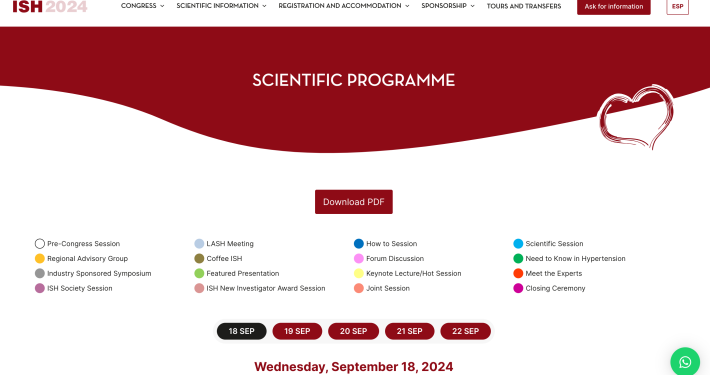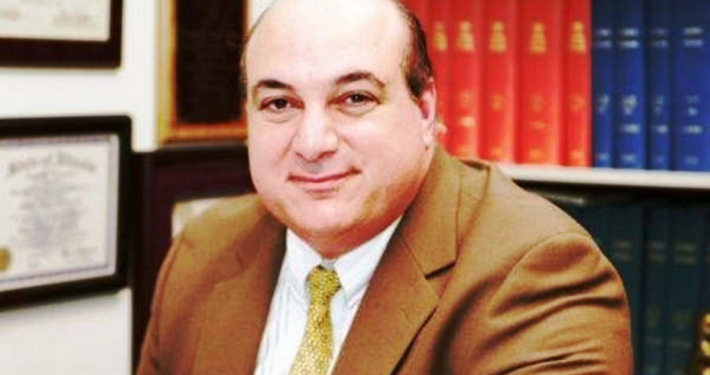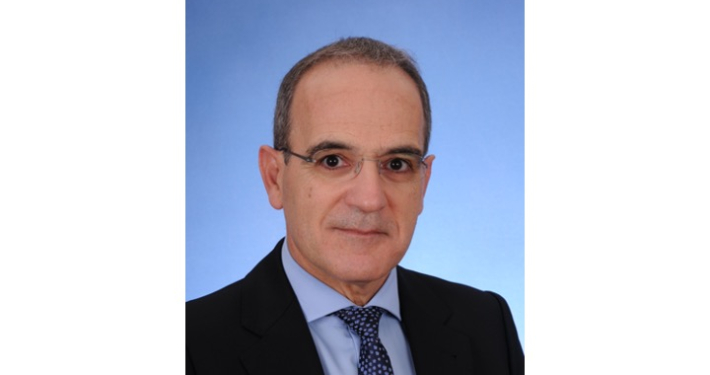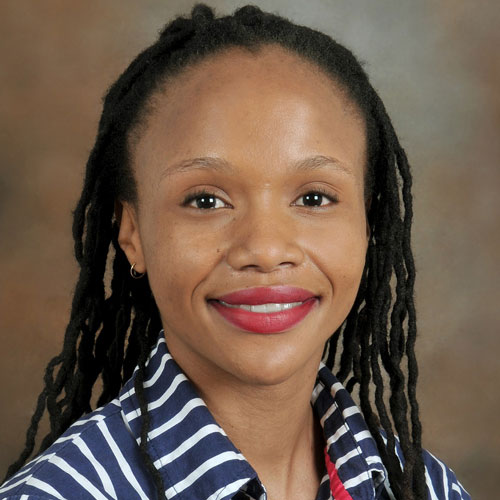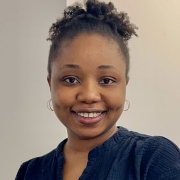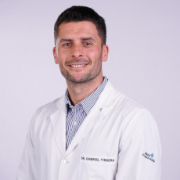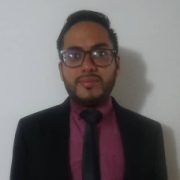- Tell us about yourself.
I am a senior lecturer and programme leader within the subject group of physiology at the North-West University in South Africa. As part of my appointment, I also have research responsibilities within the Hypertension in Africa Research Team. I received my PhD in 2019 at the North-West University and completed a postdoctoral fellowship in the same year at Jichi Medical University under supervision of Prof Kazuomi Kario.
- What are your research interests?
My research interests include early development of hypertension and the use of home and ambulatory blood pressure monitoring for control of hypertension.
- What are you working on right now?
In basic research, I am working on investigating factors that influence non-dipping patter in nocturnal blood pressure of young South Africans aged between 20 and 30 years. I am also involved in a clinical trial that focuses on determining the use of urinary peptidomic profiling and home blood pressure telemonitoring to risk profiling patients in order to management their risk factors and result in better outcomes.
- What do you hope to achieve in the field of hypertension over the next 5 years?
Over the next 5 years, I aim to embark on hypertension related research that will only contribute to the current knowledge, but also be relevant to the public through influencing the current hypertension practices used for diagnosis and management of hypertension especially in sub-Saharan Africa.
- What challenges have you faced in your career to date?
As an emerging researcher, I often struggle to maintain work-life balance, but a good support structure makes a difference.
- Which of your publications are you proudest of and why?
I am proud of the three publications which influenced my current research focus:
Mokwatsi GG, Schutte AE, Mels CMC, Kruger R. Morning blood pressure surge in young black and white adults: the African-PREDICT study. Journal of Human Hypertension. 2019;33(1):22-33.
Mokwatsi GG, Schutte AE, Mels CM, Kruger R. Morning blood pressure surge relates to autonomic neural activity in young non-dipping adults: The African-PREDICT Study. Heart, Lung and Circulation. 2019;28(8):1197-205.
Mokwatsi GG, Hoshide S, Kanegae H, Fujiwara T, Negishi K, Schutte AE, Kario K. Direct comparison of home versus ambulatory defined nocturnal hypertension for predicting cardiovascular events: the Japan Morning Surge-Home Blood Pressure (J-HOP) Study. Hypertension. 2020;76(2):554-61.
When I did my PhD, we were able to show blunted morning blood pressure in individuals of African ancestry. What sparked my interest is that the blunted morning blood pressure surge of these individuals was influenced by their non-dipping pattern in nocturnal blood pressure which is associated with increased cardiovascular risk. Bearing these results in mind, I then explored the predictive value of nocturnal hypertension defined by ambulatory versus home blood pressure monitoring in predicting cardiovascular events during my postdoctoral fellowship. This publication shows that nocturnal hypertension defined by home blood pressure monitoring is a predictor of future cardiovascular events.
- What is your favourite manuscript from a lab other than your own?
Throughout my PhD studies, I read a lot of papers published by Prof Kazuomi Kario regarding morning blood pressure surge. This motivated me to go abroad and do a postdoctoral fellowship with Prof Kario. Although there are many papers to choose from, the following is my most favourite review paper, providing evidence-based overview of morning blood pressure surge as an independent risk factor for cardiovascular disease:
Kario K. Morning surge in blood pressure and cardiovascular risk: evidence and perspectives. Hypertension. 2010;56(5):765-73.
- What are your passions outside of work?
I enjoy spending time with my family, but also having time to myself to meditate and listen to music.

